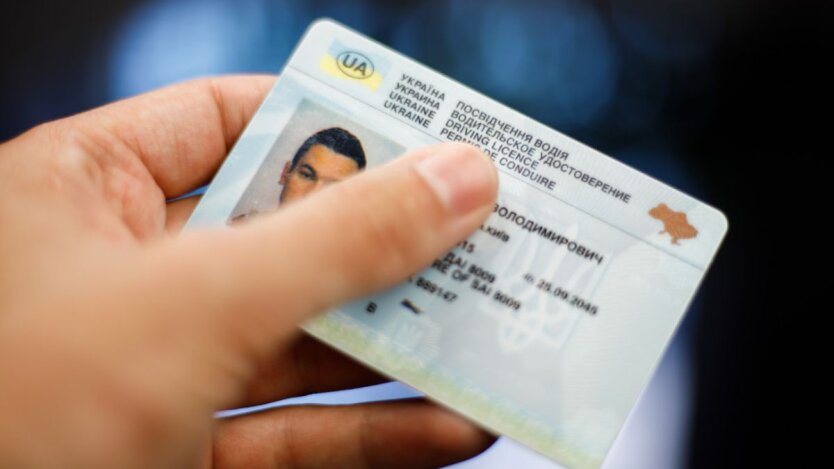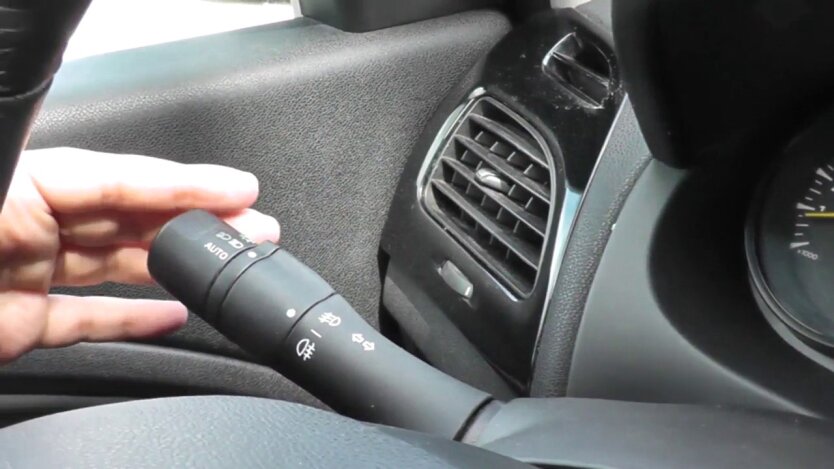The Government of France is set to implement new restrictive measures regarding COVID-19.


As millions of Americans prepare to use their accumulated credit bonuses: points, miles, and cash back to cover airfare, hotel stays, and rising fuel prices for their summer vacations. I know this because I am one of them.
But what happens if these bonuses suddenly disappear?
This is not a hypothetical situation. It’s a looming consequence of a growing political movement - primarily off the national radar - to regulate the credit card industry through a wave of state-level price control laws.
You read that right: state lawmakers across the country are quietly coordinating a covert campaign to limit interchange fees, the so-called 'swipe fees' that credit card networks collect from retailers every Time you use your card. They claim they are doing this to help small businesses. But the actual result will be the destruction of rewards programs, higher fees at banking institutions, and fewer financial tools available for families already struggling with inflation.
TRUMP WON ROUND ONE AGAINST INFLATION
This somewhat resembles the Durbin Amendment, part of the 2010 Dodd-Frank Act. This federal law limited debit card transaction fees. What happened? Banks cut their rewards programs for using debit cards, raised account maintenance fees, and stopped offering free checking services to millions of Americans. Research from the Federal Reserve Bank of Atlanta found that nearly all retailers kept the savings. Ninety-eight percent did not pass them on to consumers. Sounds familiar?
Politicians in more than ten states and Washington want to do the same thing with your credit cards. Bills have already passed in Arizona, New Mexico, New York, and Colorado, and more are coming. These measures will limit how banks and card issuers operate with interchange fees, including parts of transactions that involve taxes or tips, effectively capping revenue that funds rewards programs for using credit cards. According to the New York Federal Reserve, 86% of interchange revenue directly funds these programs. Halting this funding will lead to their disappearance.
And don't think it's just points and miles that are at risk. There are other consequences. Banks and credit unions, especially smaller regional ones, will be forced to compensate for lost revenue. This means higher monthly account fees, limited access to credit, and stricter loan requirements for working families and small business owners.
WHY DOES DOGE NEED A CHAINSAW?
This isn't just bad economics. It's bad governance. These state laws are a shadow regulatory regime that imposes an overarching price control on a national financial system that's already regulated by the federal government. They raise serious constitutional questions:
Do these laws violate interstate commerce? Is this regulation of interstate trade? Are price controls on interchange illegal interstate contracts that require congressional approval?
We are already seeing this chaos in Illinois. Lawmakers passed the Interchange Fees Regulation Act (IFPA) in 2023, and the state is currently in litigation in federal court. A judge has already issued a preliminary injunction freeing banks from other states while Illinois banks and credit unions remain under contradictory rules.
Plaintiffs, including the American Bankers Association and Credit Union National Association, are warning that the entire payment ecosystem, from merchants to processors, could collapse under the weight of this legal mess. Does this sound like smart policy? Far from it.
THE COUNTRY NEEDS MORE ELECTRICITY - AND MORE ELECTRICIANS
Next in line is Colorado with its own version of this disaster: HB25-1282, the so-called 'Fairness in Interchange Fees and Consumer Protection in Interchange Act.' Don't let the name fool you. This law is not fair, and it won't protect anything. It’s a regulatory nightmare disguised as consumer protection, and it will likely provoke legal battles that taxpayers will ultimately pay for.
So why are these laws moving so quickly? Simply put: it’s political theater. Politicians want to proclaim that they are 'taking on' credit card issuing companies. But in the end, it’s the consumer who gets punished. Bonuses disappear. Fees rise. Access to credit shrinks. And working families lose the tools they rely on to stretch their budgets.
If Congress doesn't intervene, this web of state laws could unravel the financial infrastructure that supports $9 trillion in annual credit card purchases. A trip to the grocery store, filling the gas tank, buying school supplies…. Every swipe will cost more and yield less.
GET FOX BUSINESS ON THE GO BY CLICKING HERE
It’s time to sound the alarm. This isn’t just about miles and points; it’s about economic freedom and financial choice. Americans deserve better than a covert price control campaign imposed by 50 state capitals.
We’ve seen this movie before. Don’t watch it again.
CLICK TO READ MORE ABOUT BUSINESS WORKING WITH FOX NEWS
Read also
- Insurance Record for Pension: Ukrainians Explained How to Monitor Contribution Payments
- Trump and Musk exchanged sharp remarks amid the conflict over the budget law: all statements
- Ukrainians will have to change their driver's licenses: new requirements introduced
- Zelensky: There are no peaceful initiatives in the world that Russia has not rejected
- Ukrainians were explained what threatens those who did not pass the military-medical commission by June 5
- Owners of gasoline cars faced an unexpected problem due to the heat










